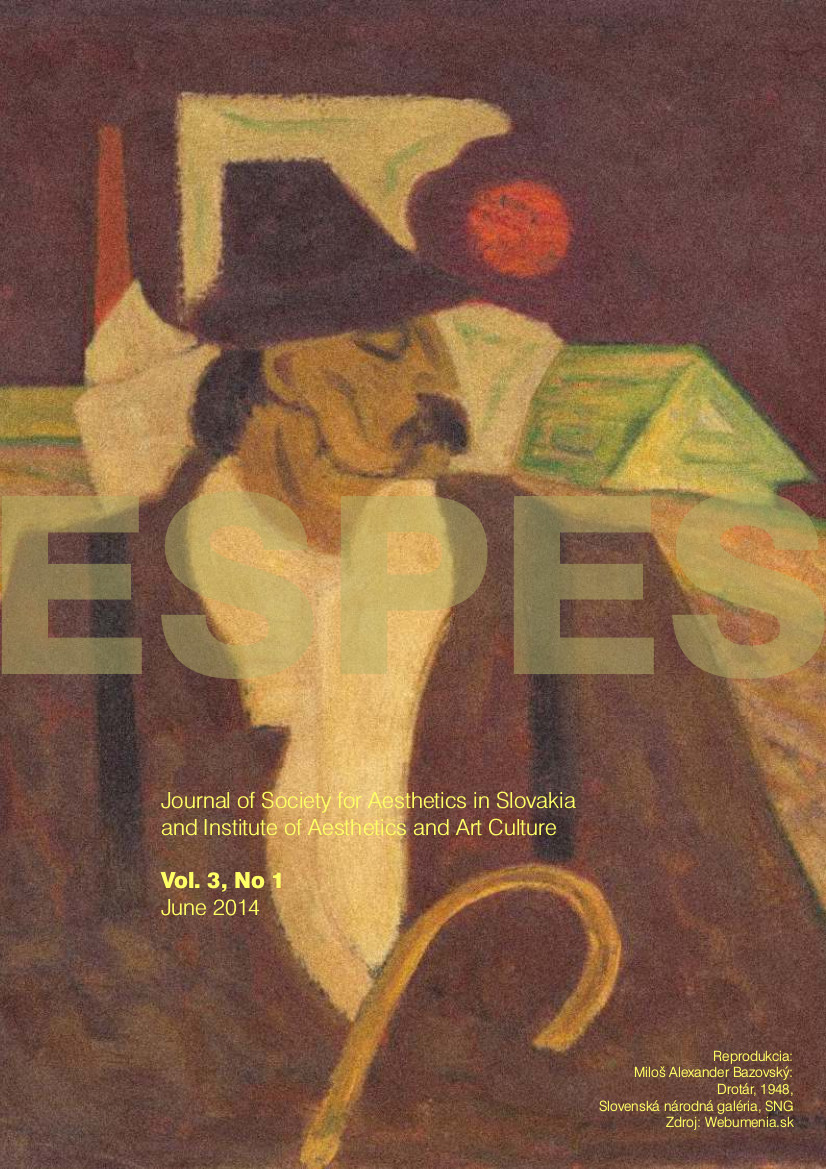K Schopenhauerovej teórii génia a morálky v kontexte s učením Jaroslava Duška
On Schopenhauer's Theory of Genius and Morality in the Context of Jaroslav Dusek's Theory
Author(s): Štefan HaškoSubject(s): Aesthetics
Published by: Spoločnosť pre estetiku na Slovensku a Inštitút estetiky a umeleckej kultúry Filozofickej fakulty Prešovskej univerzity v Prešove
Keywords: Arthur Schopenhauer;Jaroslav Dušek;genius;fine arts;morality;disinterestedness;The Four Agreements;The Toltecs;synchronicity;In Lak'ech;principia individuationis
Summary/Abstract: The aim of the submitted paper is the naming of some (potential) connotations among Schopenhauer’s model of disinterestedness, draught in his aesthetical and ethical theory and predominantly Toltec teaching of Jaroslav Dušek. Schopenhauer’s concept of art or his explanation of purposeless and non-utilitarian production of the genius that corresponds with Dušek’s perception (but even practical realization) of so-called synchronicity that satisfies thematic background of the introductory part. I focus my attention on the common reasoning of the reflections of both thinkers in ethical questions in the second part. I put the context of Toltec compliment and persuasion “You are my other I” (“In Lak’ech”) explained by Dušek into the context with Schopenhauer’s arguments for the elimination of the egoism, thus, with the topic of identity of inner essence of all the living.
Journal: ESPES
- Issue Year: 3/2014
- Issue No: 1
- Page Range: 4-10
- Page Count: 7
- Language: Slovak

